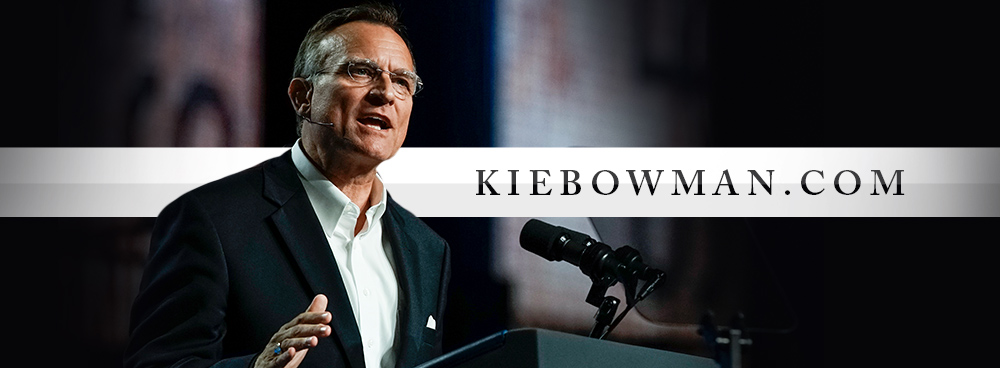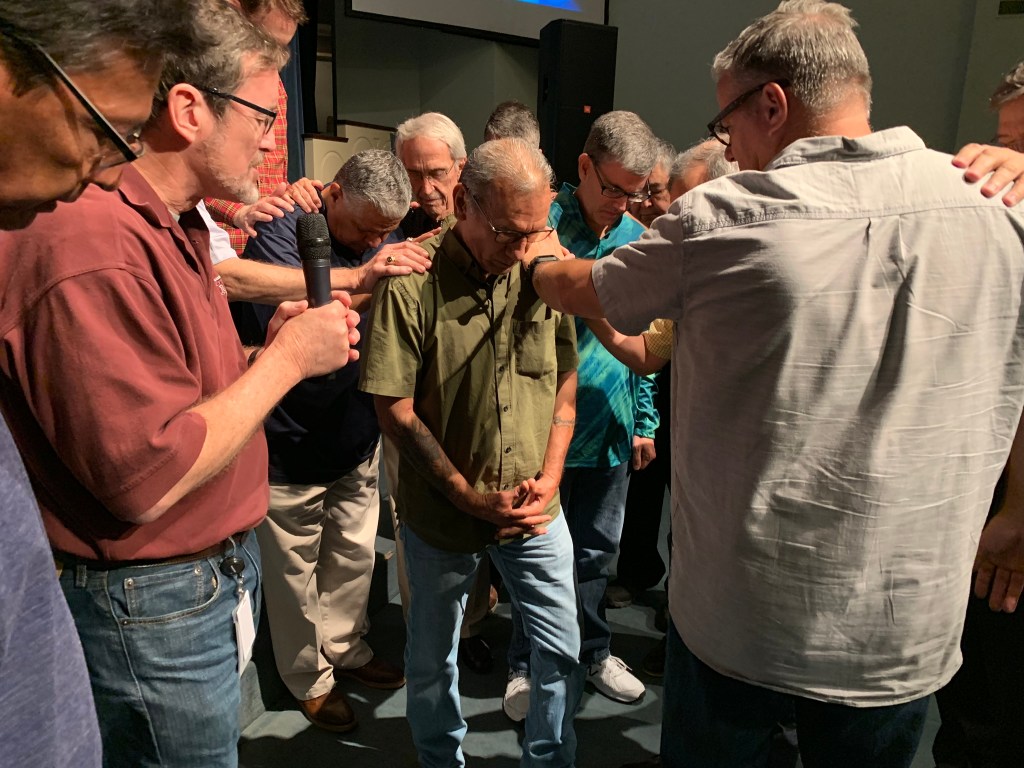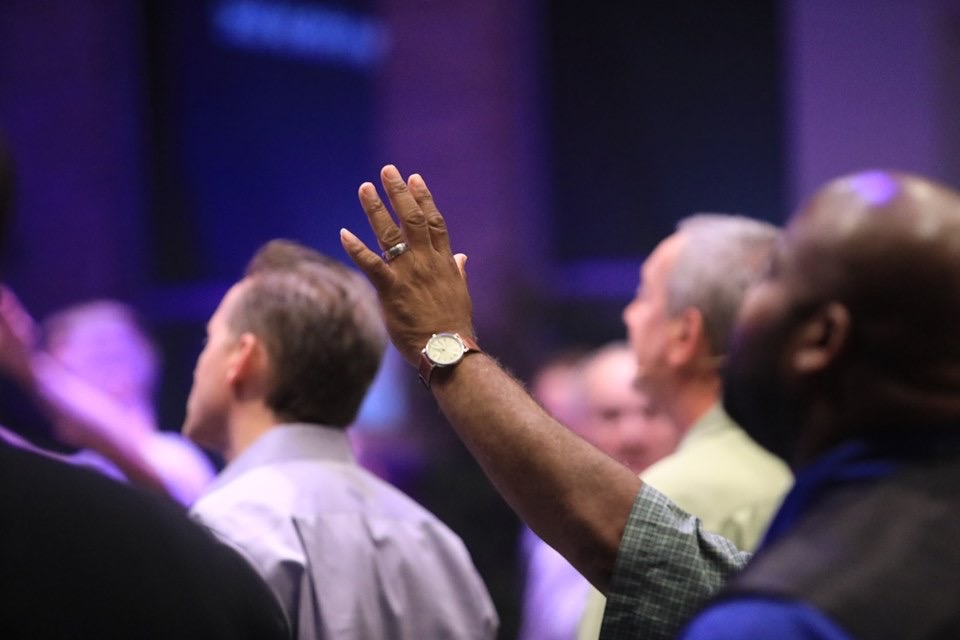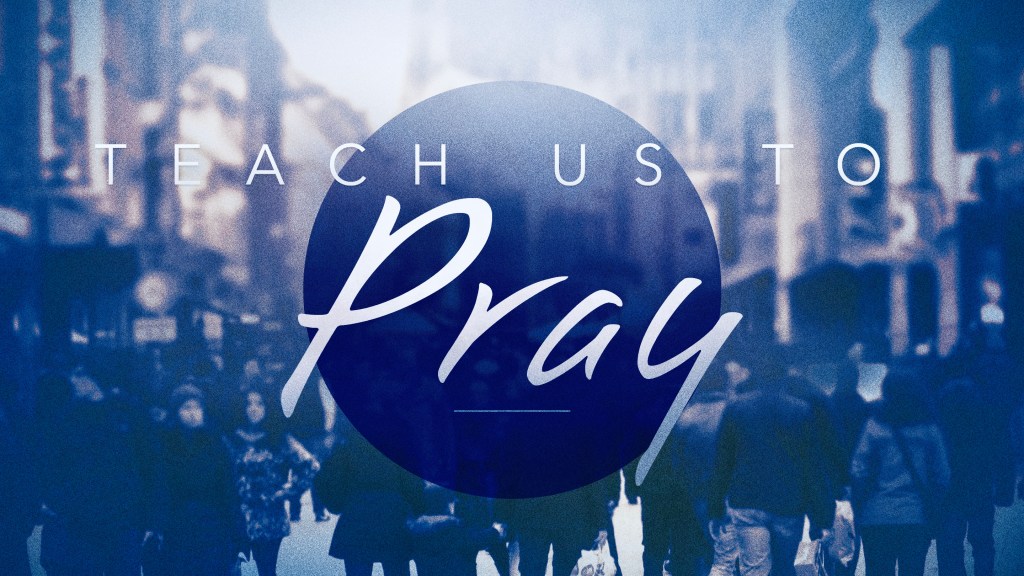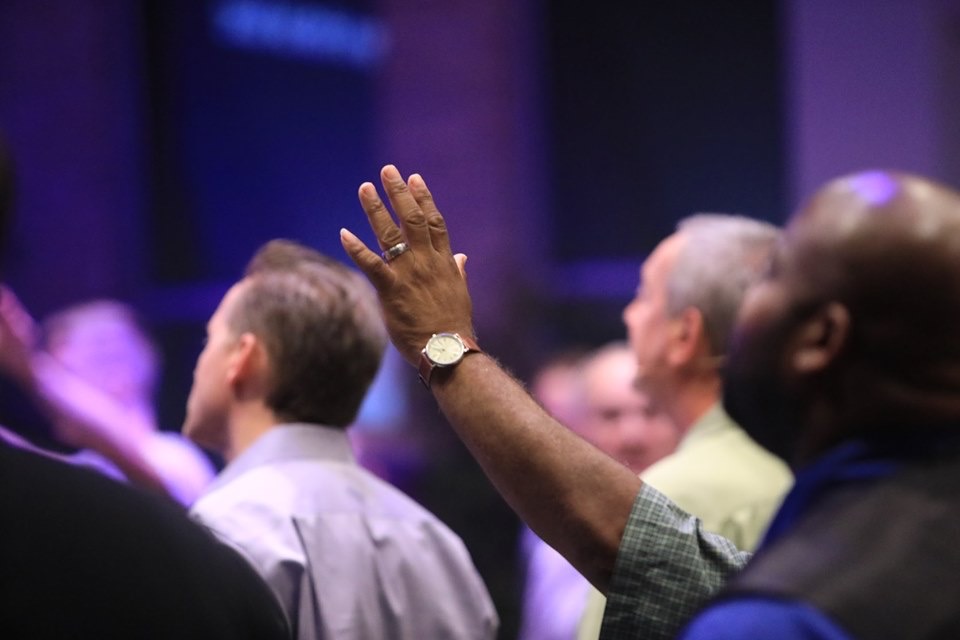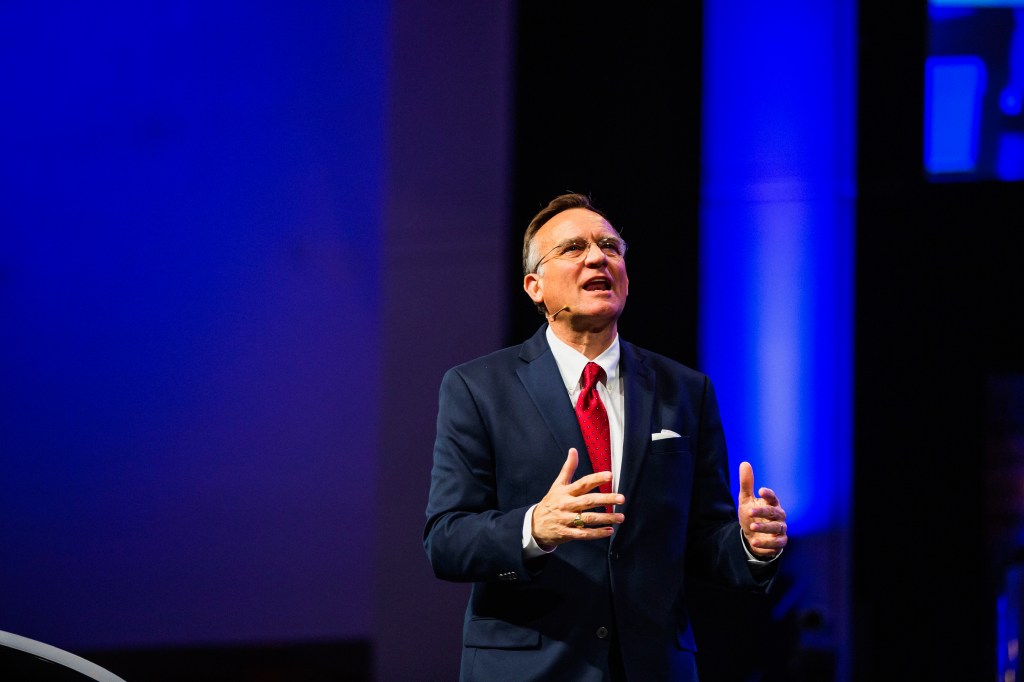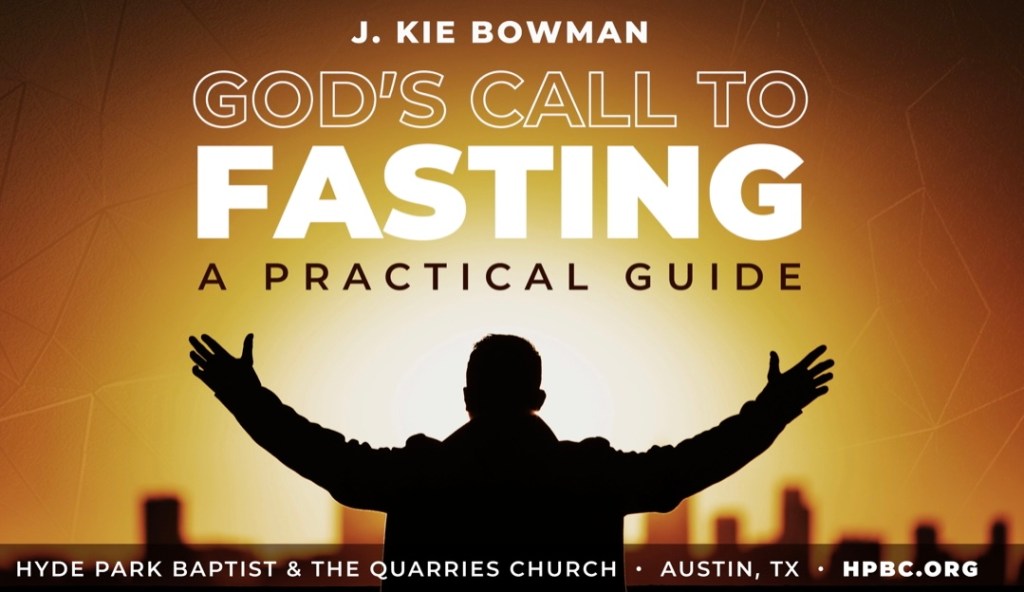Does your morning schedule affect your prayer life? Is the time you pray important?
Someone once said that there are two kinds of Christians: One wakes up and says, “Good morning, Lord!” The other says, “Good Lord…morning.” Should this difference affect your prayer life?
The morning difference
In the Harvard Business Review, Dr. Christoph Randler, a neuroscientist from the University of Tübingen, writes about the advantages of early rising. His research finds that early risers, “…get better grades in school” so they “attend better colleges, which then leads to better job opportunities.” He adds that, “Morning people” have “…better job performance, greater career success, and higher wages.” He also says that through discipline anyone can decide to become a “morning person.” In other words, your chronotype is not permanent.
The advantage of rising early is also recognized by corporate leaders looking for a competitive edge. The list of CEOs who get up between 4:00-5:00 a.m. reads like a Who’s Who of modern business. The list includes Apple CEO Tim Cook and Disney CEO Robert Iger, who both rise daily at 4:30 a.m. The former PepsiCo CEO and Wake Forest Business School Dean Steve Reinemund, former Avon Products CEO Andrea Jung, and former Starbucks CEO Howard Schultz are all up before 5:00 a.m. The list of high-capacity early risers is a long one.
For believers, the question is: Are our sleep schedules in any way relevant to our prayer lives? The answer is: Yes. Neuroscience and hundreds of years of practical examples demonstrate that the battle of the day may be won early in the morning. Simply put, early morning prayer empowers you with spiritual advantages you might otherwise miss.
Good morning, Lord!u
Ultimately, morning prayer has less to do with best business practices and everything to do with what pleases God. In this regard we turn to the example of Jesus.
Mark’s Gospel mentions Jesus “…rising very early in the morning, while it was still dark, he departed and went out to a desolate place, and there he prayed.” (Mark 1:35) Most of what we need to know about the practice of morning prayer is embedded in this verse and its context. This incident from the life of Christ answers the question: Why should I rise in the earliest hours of the morning to devote myself to prayer?
Early morning prayer is solitary
Leonard Ravenhill once wrote, “The secret of prayer is prayer in secret.” When Jesus prayed in the early morning, He “…departed and went out to a desolate place.” He left the house where many others were sleeping, and He went to a “desolate” place. The Greek word for desolate is the same word used in verses 12-13 that the ESV translates “wilderness.” In context, the “wilderness” refers to the inhospitable Judean desert. Capernaum (where Jesus was when He left the house to seek a deserted place) was a busy lake-front city with no desert. Instead, Jesus was seeking a solitude like the desert where He was certain to be alone with God.
Early morning prayer provides that solitude in practical ways. For instance, the average American sleeps every day until 7:31 a.m. Imagine getting up at 5:30 a.m instead. Whatever time you normally rise, getting up earlier increases your chances of being absolutely alone in prayer. After all, everyone else is asleep.
Early morning prayer is undistracted
In 1973 a popular movie called Jesus Christ a “superstar.” That may strike us as irreverent. But, in a way, Jesus was a “superstar,” since His ministry made Him the most popular person alive. That notoriety created a unique problem related to His love of prayer. In fact, the Scripture confirms the dilemma. In Mark 1:37, just two verses after Jesus had slipped out to pray, Peter found him and shouted, “Everyone is looking for you.” Most of us can relate. At a certain point every day your time is, in a sense, not your own. Everyone from family to co-workers to antagonists wants your time and attention.
If not from other people, we find other distractions. The most obvious example is our phone obsession. Virtually every American uses a smartphone. As a result, Americans send and receive 6 billion text messages a day – that’s 221 million per hour. If Jesus were preaching the Sermon on the Mount today, instead of advising us to pray by going “…into your room and shut the door and pray to your Father who is in secret” (Matthew 6:6), He might have urged us to “go into your room, shut the door, and turn off your phone.”
Early morning prayer is the best time to avoid phone calls, text messages, deadlines, and normal social commitments. It’s time for prayer. Instead of sleeping through your best opportunity for uninterrupted time with God, get up and pray. That’s what Jesus did.
Early morning prayer is directional
Do you remember the question: What would Jesus do? We might find it easier to answer the question: What did He do? Mark seems to imply the answer.
Mark is the action-oriented gospel. He doesn’t tell us what Jesus was praying about in His deserted place of prayer. Instead, Mark leaves us a clue. Notice that Jesus completely ignores Peter’s hectic appeal to join the party of those urgently looking for Him. Instead, following several hours of prayer, Jesus said, “Let us go on to the next towns, that I may preach there also, for that is why I came out” (Mark 1:38).
In other words, it appears that Jesus was praying about what God wanted Him to do next. Sometime in those early morning hours God confirmed that Jesus was to keep moving and reaching more people with the message.
In early morning prayer you can get the game plan for your day before the day begins. Of course, there are no bad times to pray; and Jesus prayed night and day. But if you want the most impact in prayer, wake up and pray!
–JKB (This article first appeared in Baptist Press September 20, 2024 under the title “The Case for Early Morning Prayer”)

